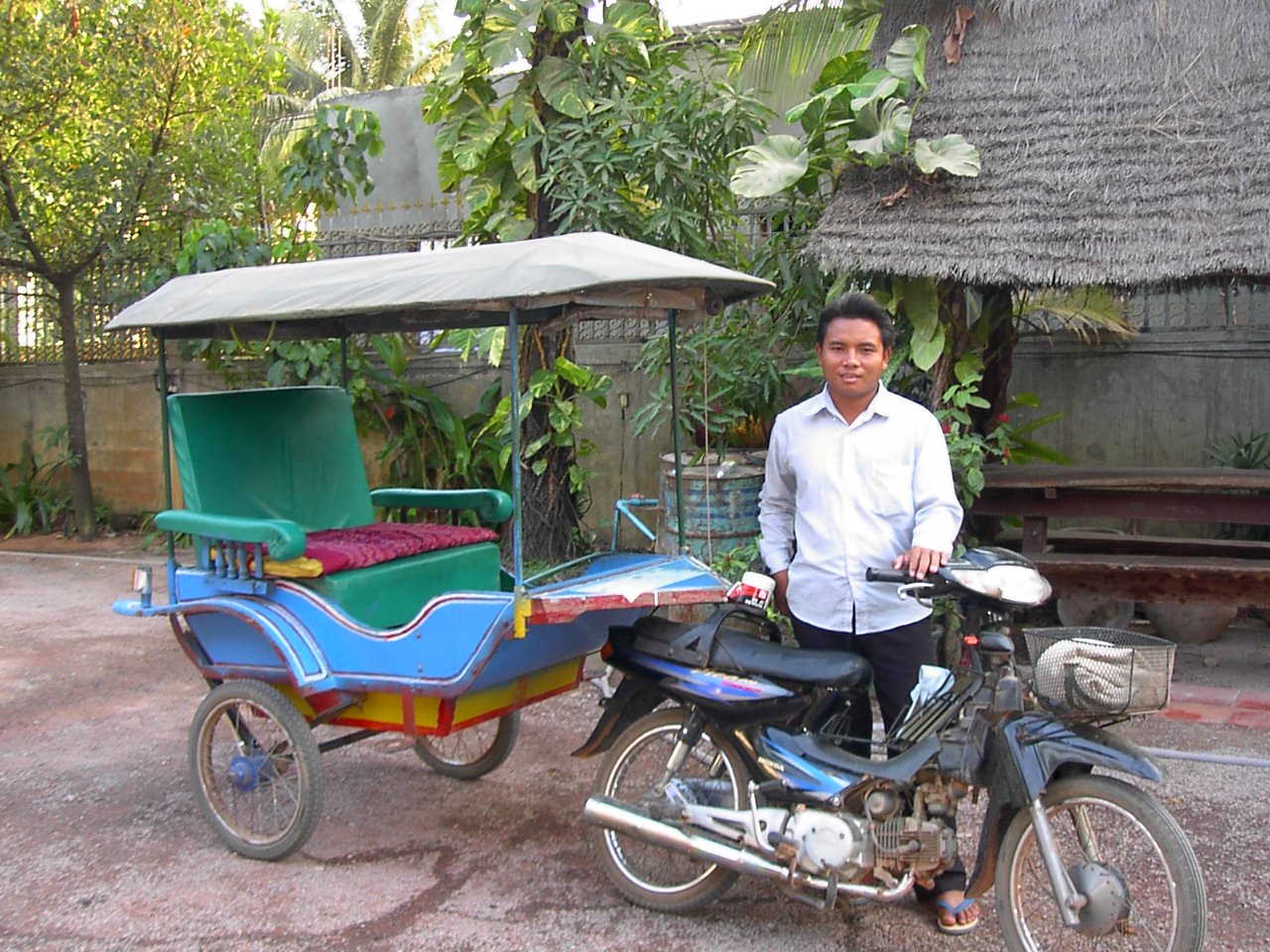The World Bank Board of Directors has approved $275 million in credit to support Cambodia’s efforts to foster long-term economic growth and resilience. This financing comes from the low-interest International Development Association (IDA) funds designated for developing countries. The aim is to promote reforms that enhance private sector competitiveness, strengthen Cambodia’s fiscal position, and provide assistance to its most vulnerable populations.
This funding is allocated to the Second Cambodia Growth and Resilience Development Policy Financing Project, addressing challenges that continue to impede the country’s recovery from the economic effects of the COVID-19 pandemic. It builds upon the $274 million first Cambodia Growth and Resilience Development Policy Financing approved in 2022.
“While Cambodia’s economy has recovered from the impacts of the COVID-19 pandemic and subsequent shocks, the focus is now shifting toward achieving sustained high-quality growth,” said Maryam Salim, World Bank Country Manager for Cambodia. “This new operation will boost private sector competitiveness, strengthen the government’s fiscal position, and provide assistance to the most vulnerable Cambodians.”
The COVID-19 pandemic resulted in Cambodia’s first economic contraction in 25 years, one of the most severe in East Asia. Although the economy has since rebounded, growth has not returned to pre-pandemic levels. This lag reflects both the global economic slowdown and structural challenges to Cambodia’s growth model, such as weak productivity growth, low human capital formation, and barriers to private business formation and competition. Additionally, Cambodia’s economy is highly concentrated in terms of products, export markets, and financing sources, making it susceptible to shocks. The country is also highly vulnerable to climate change impacts, particularly floods and droughts.
The new operation supports reforms aimed at addressing these challenges. These reforms will help create an environment conducive to fair competition among firms and enhance fiscal resilience by improving spending efficiency and mitigating risks associated with capital expenditure and public-private partnerships. Moreover, the reforms will strengthen the government’s capacity to raise financing through sovereign bonds.
The operation will also facilitate the timely provision of relief to a broader set of vulnerable households in the event of natural disasters or economic shocks, improve environmental regulation, and bolster disaster risk management.











